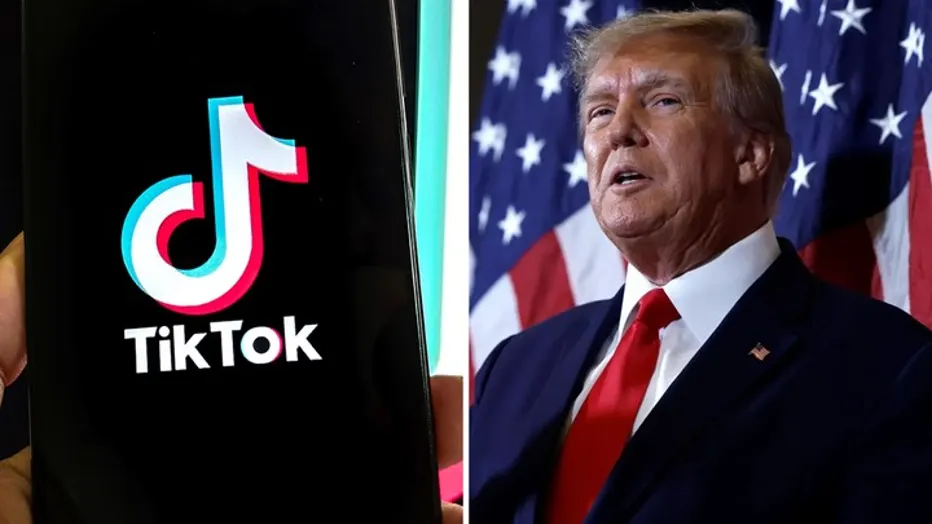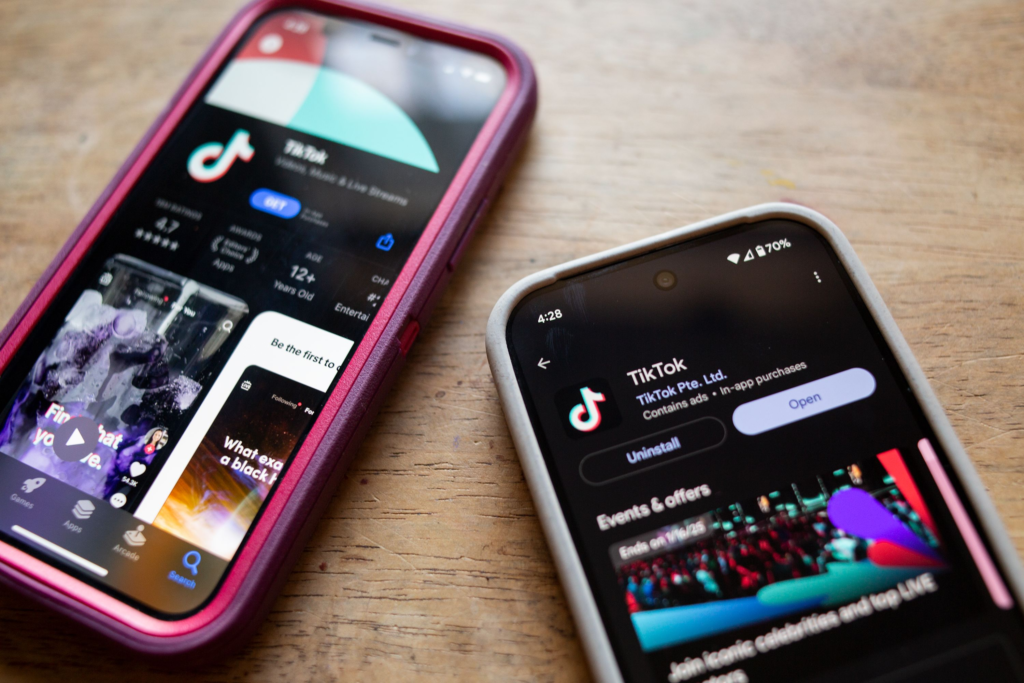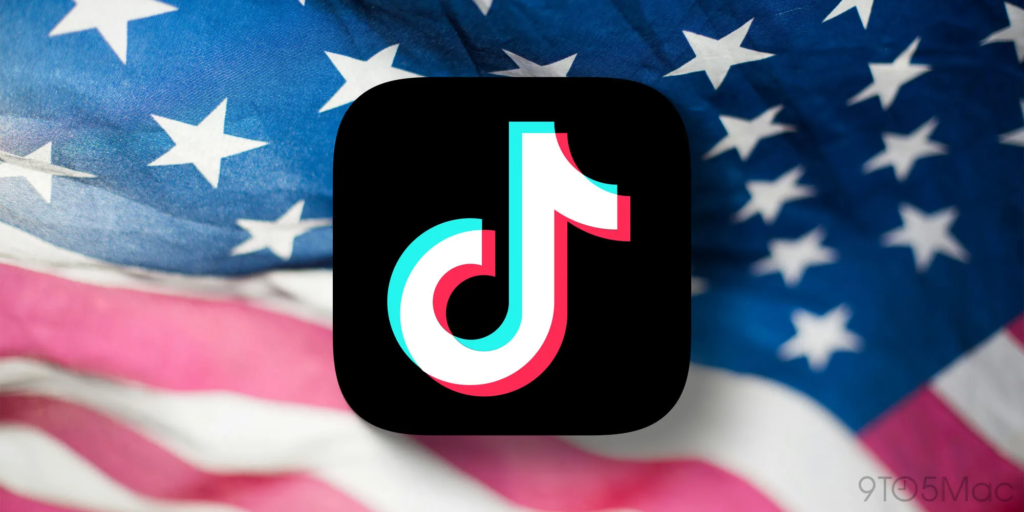Former U.S. President Donald Trump has given TikTok a 90-day extension to continue its negotiations for a sale or divestiture. This move delays the previously threatened ban on the Chinese-owned app and allows ByteDance, TikTok’s parent company, more time to reach an agreement with a U.S.-based buyer.
The extension provides temporary relief to millions of U.S. TikTok users, creators, and businesses that depend on the app. It also marks another chapter in the ongoing tensions between the U.S. and China over digital technology and data security.
Why TikTok Was Facing a Ban
The Trump administration had raised concerns that TikTok could pose national security risks due to its Chinese ownership. Officials feared that user data collected by TikTok might be accessed by the Chinese government. In response, Trump signed an executive order in 2020 demanding that ByteDance sell its U.S. TikTok operations to an American company or face a ban.

Initially, the company was given 45 days to complete a deal. That order was later followed by a second executive order granting a 90-day period for ByteDance to divest its interests. With that deadline approaching and no final sale agreement in place, Trump approved an additional 90-day reprieve.
Read the full executive order here: U.S. Department of Commerce – TikTok Executive Order
Why Trump Granted More Time
There are several reasons behind the decision to give TikTok more time. First, discussions with potential U.S. buyers such as Microsoft, Oracle, and Walmart have been complicated and slow. Each party proposed different models, such as a joint venture or full acquisition, making negotiations more difficult.
Second, TikTok has challenged the ban in court. The company filed a lawsuit against the U.S. government, claiming that it was not given due process and that there was no solid evidence supporting the national security claims. A U.S. judge issued a temporary injunction that blocked enforcement of the ban, giving TikTok more legal protection.
Public pressure also influenced the decision. TikTok is extremely popular among American youth, influencers, and small businesses. Many users campaigned online, urging the government to keep the platform available.
ByteDance’s Official Response
ByteDance welcomed the extension and reiterated its commitment to finding a solution that satisfies U.S. government concerns. In a statement, the company said it is actively working with potential partners and appreciates the opportunity to continue those discussions.
The company had previously proposed forming a new U.S.-based entity called TikTok Global, with American firms taking a major ownership share. That idea received mixed feedback from lawmakers and regulators, who wanted clearer evidence of U.S. control over user data.
What’s Next for TikTok?
This 90-day extension gives ByteDance time to finalize a deal with a U.S. company, restructure its operations, or make legal progress in its lawsuit. If none of those outcomes is achieved, the risk of a U.S. ban remains.

For now, the app continues to operate normally. Users can create, post, and view content without interruption. Creators can still monetize their videos and engage with followers, while businesses continue using TikTok for marketing.
The company is also expected to strengthen its data protection and transparency policies to assure U.S. regulators that American user data is secure.
A Bigger Issue: U.S.–China Tech Tensions
The TikTok dispute is part of a broader U.S. strategy to limit the influence of Chinese technology companies. The U.S. has also targeted other platforms like WeChat, Huawei, and ZTE over concerns about surveillance, censorship, and national security.
The outcome of this situation could shape how future Chinese-owned apps are handled in the U.S. and influence global standards for data protection and digital privacy.
CFIUS, the Committee on Foreign Investment in the United States, is expected to take a more active role in reviewing tech investments and ownership in the future.
More about CFIUS: U.S. Treasury – CFIUS Overview
How TikTok Users Are Affected
The extension brings relief to more than 150 million TikTok users in the United States. Many of them rely on the platform for entertainment, creative expression, and even income. TikTok influencers have built careers through the app, while small businesses use it for viral marketing.

If TikTok had been banned, it would have disrupted these digital ecosystems and forced creators to shift to other platforms such as Instagram Reels, YouTube Shorts, or Snapchat Spotlight. For now, creators and advertisers can continue their work as usual.
The app remains one of the most downloaded and used in the U.S. and continues to be a powerful force in the social media world.
Final Thoughts
TikTok’s future in the United States is still uncertain. Although the 90-day reprieve gives the company and U.S. buyers more time to strike a deal, the underlying national security concerns have not been resolved.
Whether through a sale, restructuring, or legal battle, TikTok must find a way to meet U.S. demands. Meanwhile, users, creators, and businesses should stay alert to upcoming decisions that could change how they use the app.
Keep track of TikTok’s legal journey: Reuters – TikTok Legal Updates
Also Read – Fluence Cuts 2025 Outlook, Halts U.S. Energy Storage Plans






